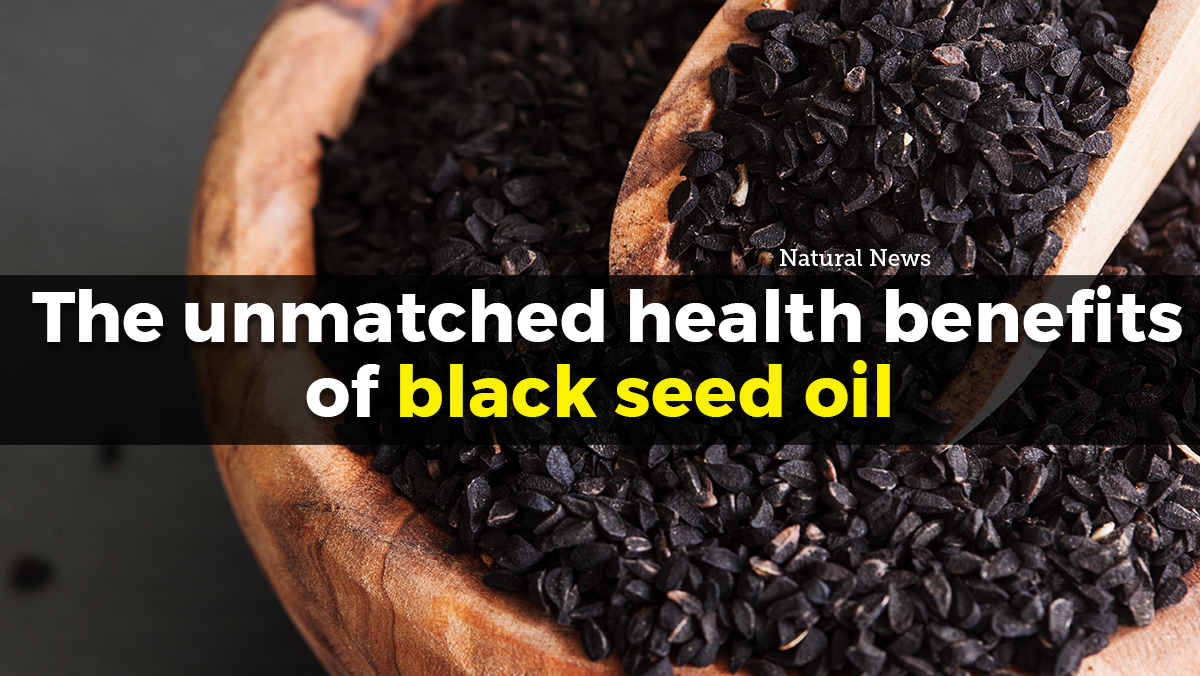It’s said that being in rural areas has enormous benefits to our physical health. We’ve also been told that growing up in an environment where we’re exposed to animals and nature reduces the risk of developing asthma and some other diseases.
A more recent study, however, found that growing up in a place close to nature and surrounded by animals is not only beneficial for our bodies, but it also strengthens our mental health. The study, co-authored by researchers from the University of Ulm and University of Colorado Boulder (CU Boulder), suggests that kids who grew up around pets have more stress-resilient immune systems.
“It has been very well documented that exposure to pets and rural environments during development is beneficial in terms of reducing risk of asthma and allergies later in life,” co-author Christopher Lowry from CU Boulder said. “This study moves the conversation forward by showing for the first time in humans that these same exposures are likely to be important for mental health.”
Forty German men aged between 20 and 40 years old were involved in the study. Half of them grew in farms and were surrounded by different animals, while the other half all grew up in a big city without animals or pets. (Related: The top 10 benefits of living in the country.)
To test their stress levels, all participants were tasked to deliver a speech in front of an audience who gave no reaction. After that, they were asked to solve a complicated math problem while under time pressure. As for their immunity response, blood and saliva samples were taken from them before and five, 15, 60, 90, and 120 minutes after the tests.
The results that came out were unexpected. The group of men who grew up in the city showed significantly higher levels of peripheral blood mononuclear cells (PBMCs), a known immune system component which appears when a person is under stress.
Moreover, the participants continued to show high levels of the inflammatory compound interleukin-6 and muted activation of the anti-inflammatory compound interleukin-10 even after 120 minutes have passed.
“People who grew up in an urban environment had a much-exaggerated induction of the inflammatory immune response to the stressor, and it persisted through the two-hour per period,” Lowry explained.
However, despite what the results suggested, the men from urban areas appeared to be less stressed than their counterparts who came from rural areas. They were unaware that they have higher risks of developing a mental illness and reported to have weaker immune systems.
Lowry revealed this particular type of inflammatory response is like a “sleeping giant.” In addition, the professor explained that the immune system is unable to develop a balance between inflammatory and anti-inflammatory agents because it has not been exposed to these types of organisms. This leads to the possible risk of developing a chronic, low-grade inflammation and exaggerated immune reactivity, hence, making people more susceptible to allergies, autoimmune diseases, and psychiatric disorders.
Depression and post-traumatic stress disorder (PTSD) patients, for example, were found to have an exaggerated inflammatory response. Furthermore, immunoregulatory response to stress begins to develop during childhood and is mostly affected by exposure to the microbial environment.
The researchers advised the people who grew up in the city to consume foods high in healthy bacteria or probiotics, spend time in nature and get a pet. “A lot of research still needs to be done. But it looks as if spending as much as time as possible preferably during upbringing, in environments offering a wide range of microbial exposures has many beneficial effects,” lead author Stefan Reber said.
Since more than half of the world’s population live in the big cities, it means more people are not getting enough exposure to microorganisms good for the immune system. The team is hoping to expand the study where women participants will also be included and find out how beneficial it is to be exposed to animals.
Learn the secrets to making your body stronger to live a longer life at Longevity.news now.
Sources included:
MedicalXpress.com
DailyMail.co.uk



















